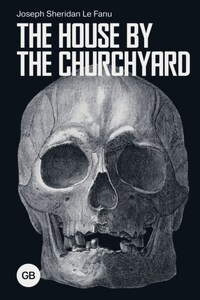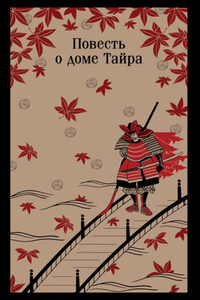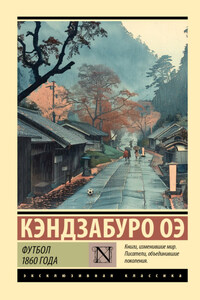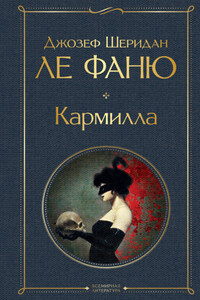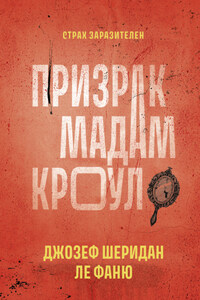A Prologue – Being a Dish Of Village Chat
We are going to talk, if you please, in the ensuing chapters, of what was going on in Chapelizod about a hundred years ago. A hundred years, to be sure, is a good while; but though fashions have changed, some old phrases dropped out, and new ones come in; and snuff and hair-powder, and sacques and solitaires quite passed away – yet men and women were men and women all the same – as elderly fellows, like your humble servant, who have seen and talked with rearward stragglers of that generation – now all and long marched off – can testify, if they will.
In those days Chapelizod was about the gayest and prettiest of the outpost villages in which old Dublin took a complacent pride. The poplars which stood, in military rows, here and there, just showed a glimpse of formality among the orchards and old timber that lined the banks of the river and the valley of the Liffey, with a lively sort of richness. The broad old street looked hospitable and merry, with steep roofs and many coloured hall-doors. The jolly old inn, just beyond the turnpike at the sweep of the road, leading over the buttressed bridge by the mill, was first to welcome the excursionist from Dublin, under the sign of the Phœnix. There, in the grand wainscoted back-parlour, with 'the great and good King William,' in his robe, garter, periwig, and sceptre presiding in the panel over the chimneypiece, and confronting the large projecting window, through which the river, and the daffodils, and the summer foliage looked so bright and quiet, the Aldermen of Skinner's Alley – a club of the 'true blue' dye, as old as the Jacobite wars of the previous century – the corporation of shoemakers, or of tailors, or the freemasons, or the musical clubs, loved to dine at the stately hour of five, and deliver their jokes, sentiments, songs, and wisdom, on a pleasant summer's evening. Alas! the inn is as clean gone as the guests – a dream of the shadow of smoke.
Lately, too, came down the old 'salmon House' – so called from the blazonry of that noble fish upon its painted sign-board – at the other end of the town, that, with a couple more, wheeled out at right angles from the line of the broad street, and directly confronting the passenger from Dublin, gave to it something of the character of a square, and just left room for the high road and Martin's Row to slip between its flank and the orchard that overtopped the river wall. Well! it is gone. I blame nobody. I suppose it was quite rotten, and that the rats would soon have thrown up their lease of it; and that it was taken down, in short, chiefly, as one of the players said of 'Old Drury,' to prevent the inconvenience of its coming down of itself. Still a peevish but harmless old fellow – who hates change, and would wish things to stay as they were just a little, till his own great change comes; who haunts the places where his childhood was passed, and reverences the homeliest relics of by-gone generations – may be allowed to grumble a little at the impertinences of improving proprietors with a taste for accurate parallelograms and pale new brick.
Then there was the village church, with its tower dark and rustling from base to summit, with thick piled, bowering ivy. The royal arms cut in bold relief in the broad stone over the porch – where, pray, is that stone now, the memento of its old viceregal dignity? Where is the elevated pew, where many a lord lieutenant, in point, and gold lace, and thunder-cloud periwig, sate in awful isolation, and listened to orthodox and loyal sermons, and took French rappee; whence too, he stepped forth between the files of the guard of honour of the Royal Irish Artillery from the barrack over the way, in their courtly uniform, white, scarlet, and blue, cocked hats, and cues, and ruffles, presenting arms – into his emblazoned coach and six, with hanging footmen, as wonderful as Cinderella's, and out-riders out-blazing the liveries of the troops, and rolling grandly away in sunshine and dust.
The 'Ecclesiastical Commissioners' have done their office here. The tower, indeed, remains, with half its antique growth of ivy gone; but the body of the church is new, and I, and perhaps an elderly fellow or two more, miss the old-fashioned square pews, distributed by a traditional tenure among the families and dignitaries of the town and vicinage (who are they now?), and sigh for the queer, old, clumsy reading-desk and pulpit, grown dearer from the long and hopeless separation; and wonder where the tables of the Ten Commandments, in long gold letters of Queen Anne's date, upon a vivid blue ground, arched above, and flanking the communion-table, with its tall thin rails, and fifty other things that appeared to me in my nonage, as stable as the earth, and as sacred as the heavens, are gone to.
As for the barrack of the Royal Irish Artillery, the great gate leading into the parade ground, by the river side, and all that, I believe the earth, or rather that grim giant factory, which is now the grand feature and centre of Chapelizod, throbbing all over with steam, and whizzing with wheels, and vomiting pitchy smoke, has swallowed them up.
